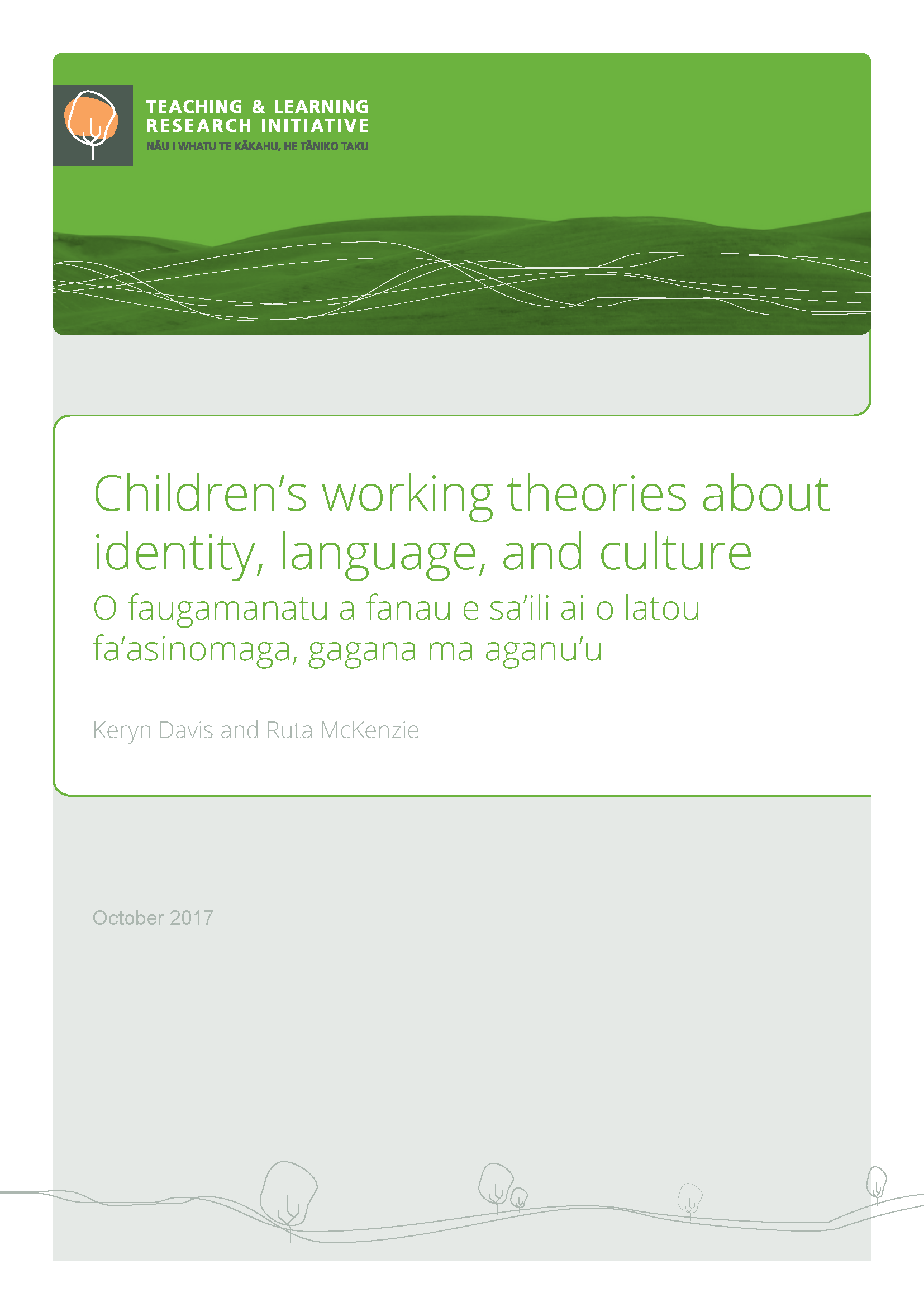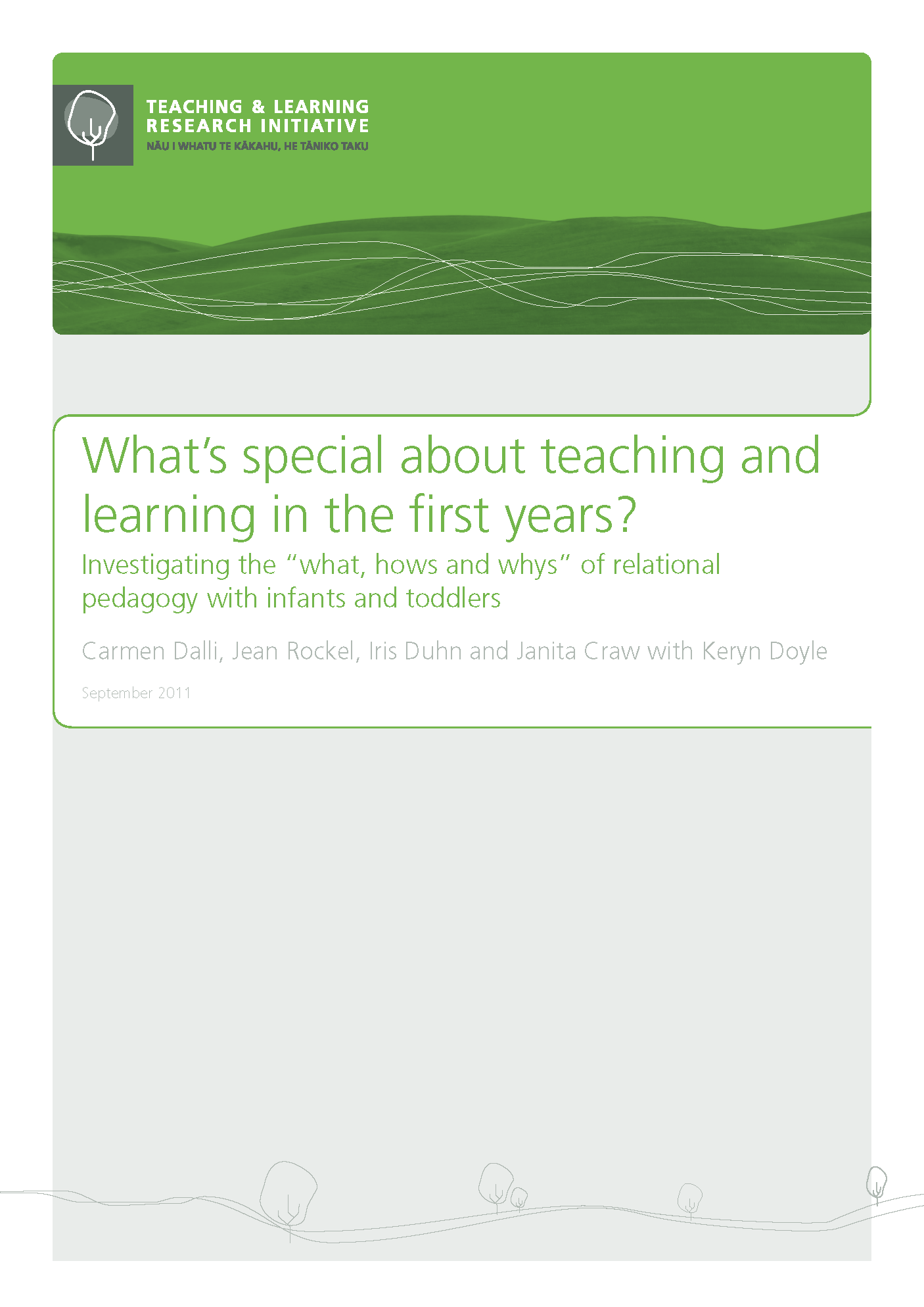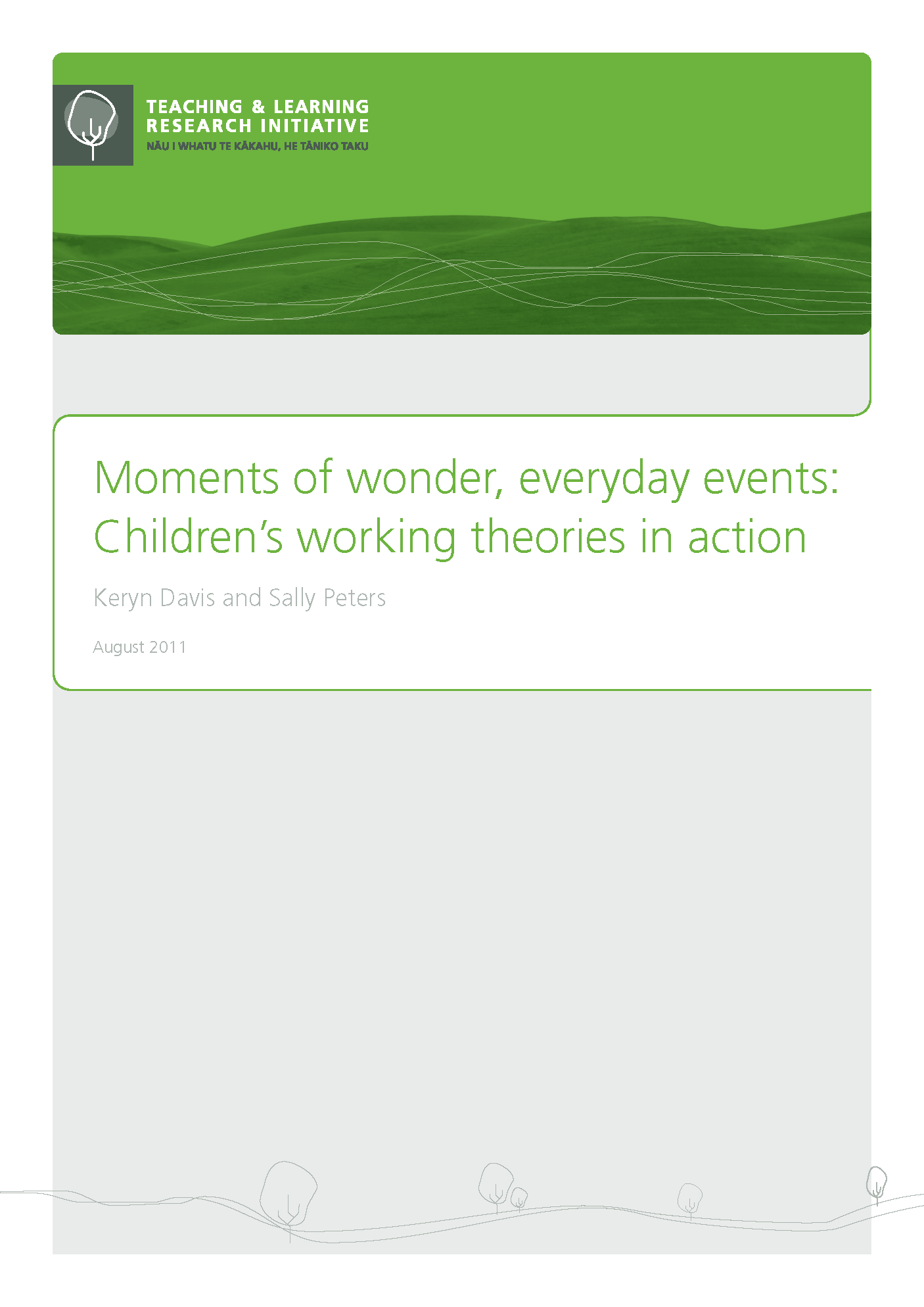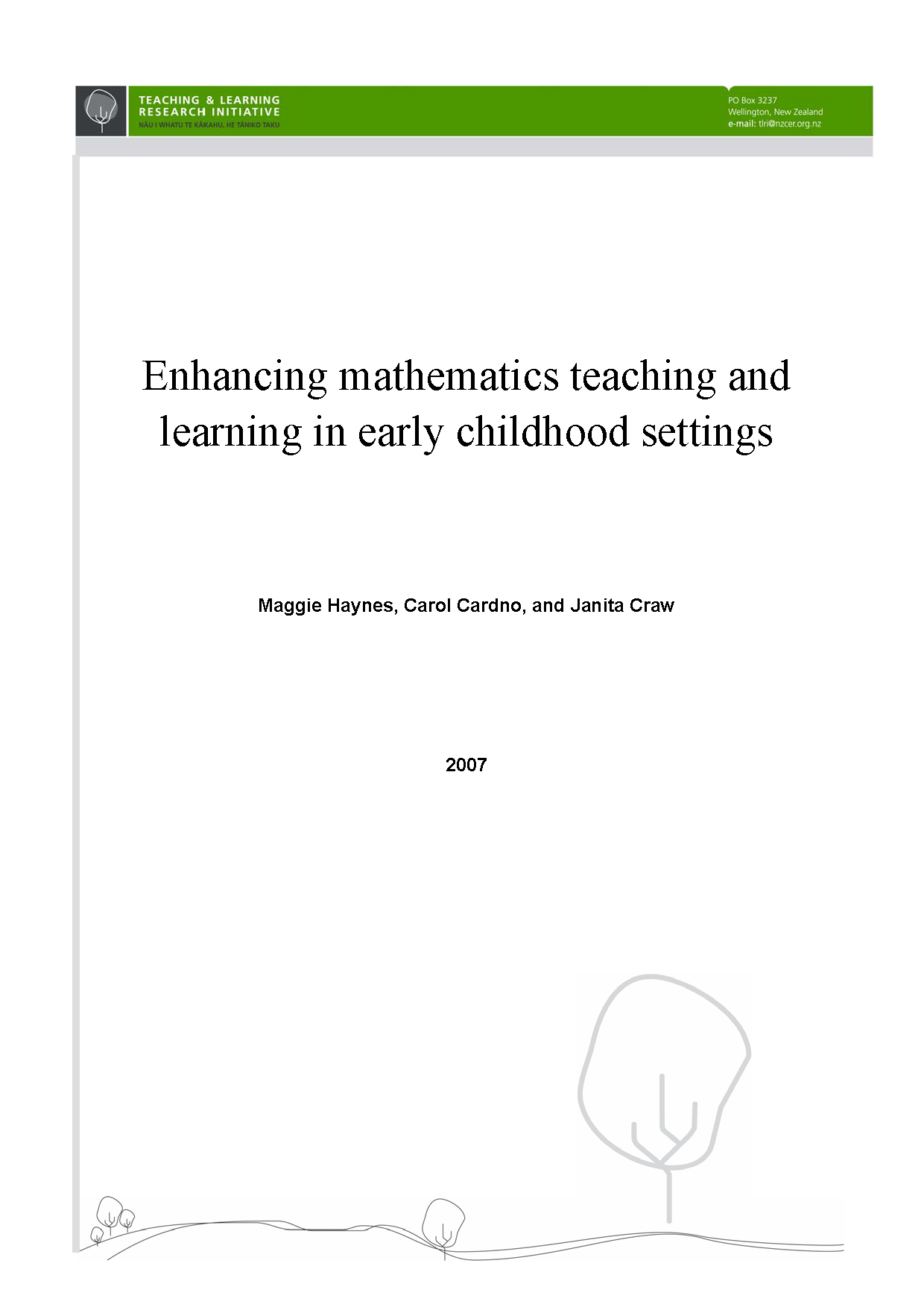
Children’s working theories about identity, language, and culture –
O faugamanatu a fanau e sa’ili ai o latou fa’asinomaga, gagana ma aganu’u
Introduction Ma’au i lou ofaga, maua’a i lou faasinomaga. Keep your identity alive to thrive. This 2-year collaborative research project focused on young children’s working theories about identity, language, and culture, how early childhood teachers can nurture and encourage this learning, and how this in turn impacts on children’s participation in early childhood education (ECE) communities. The project builds on a previous Teaching and Learning Research Initiative (TLRI) project that explored children’s working theories in action in five Playcentres in Canterbury (Davis & Peters, 2011). That project showed ways children express and develop working theories, how practitioners understand these, and how best to respond to this learning (Davis & Peters, 2011).




